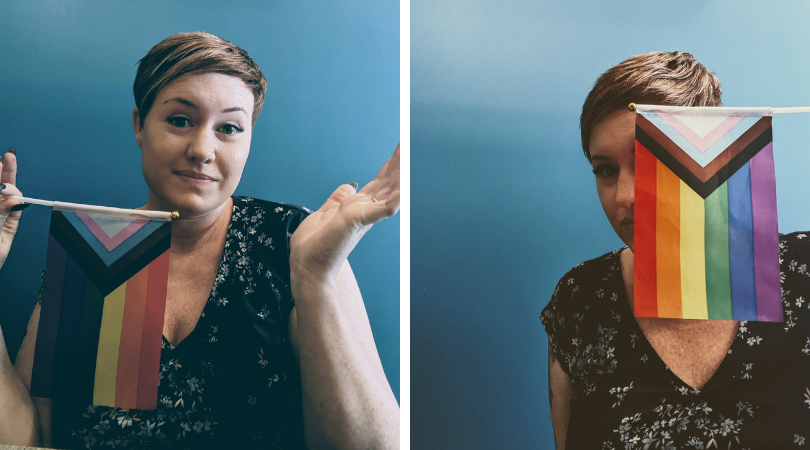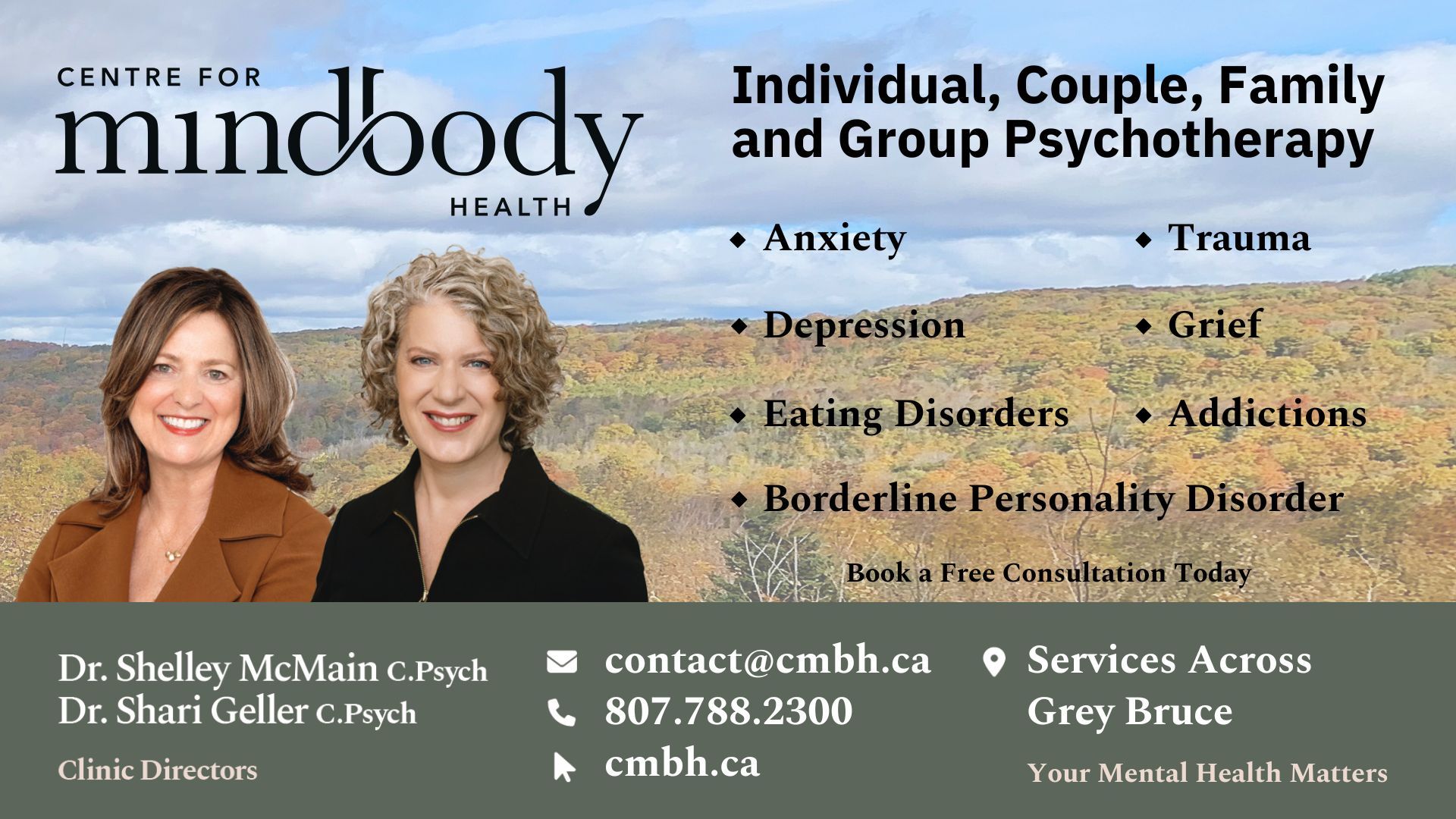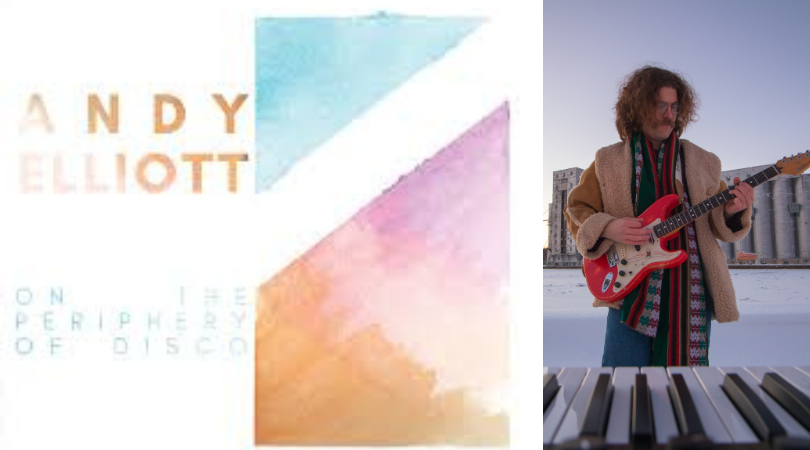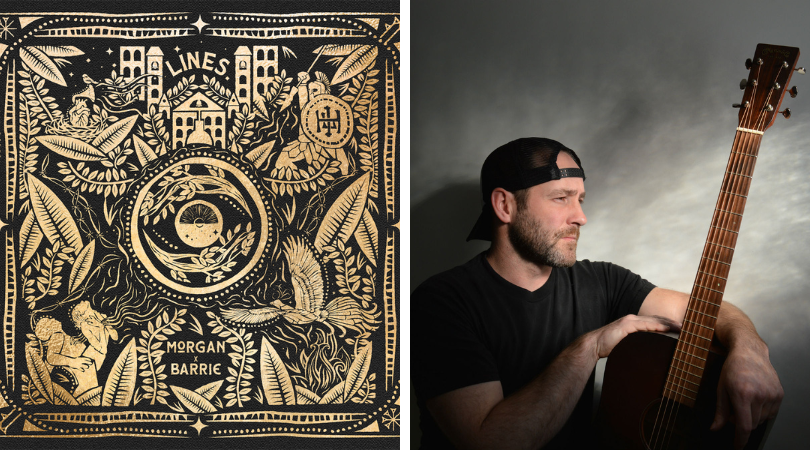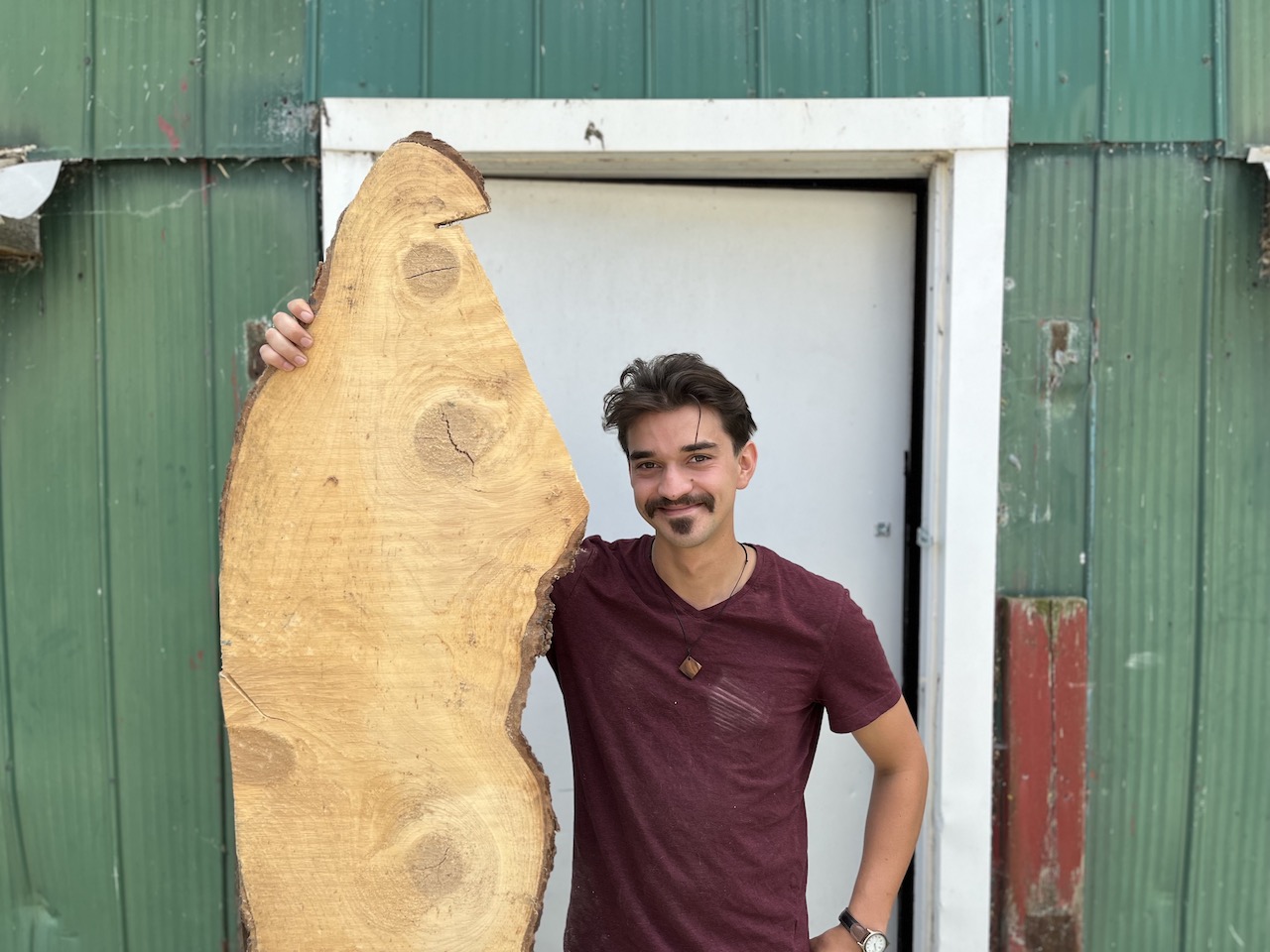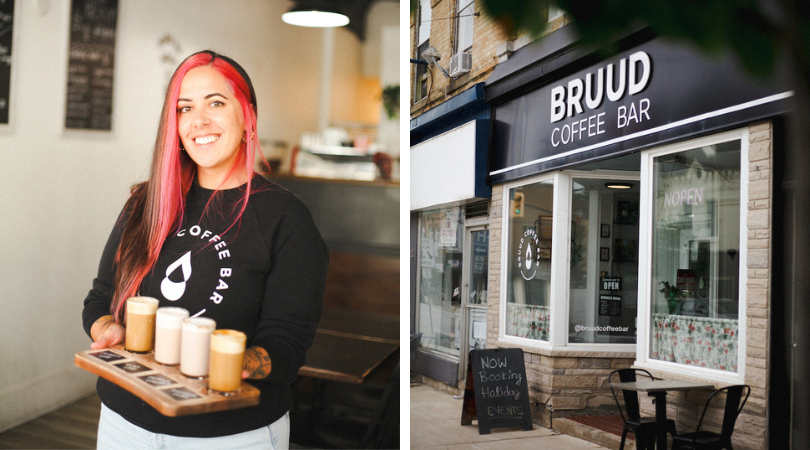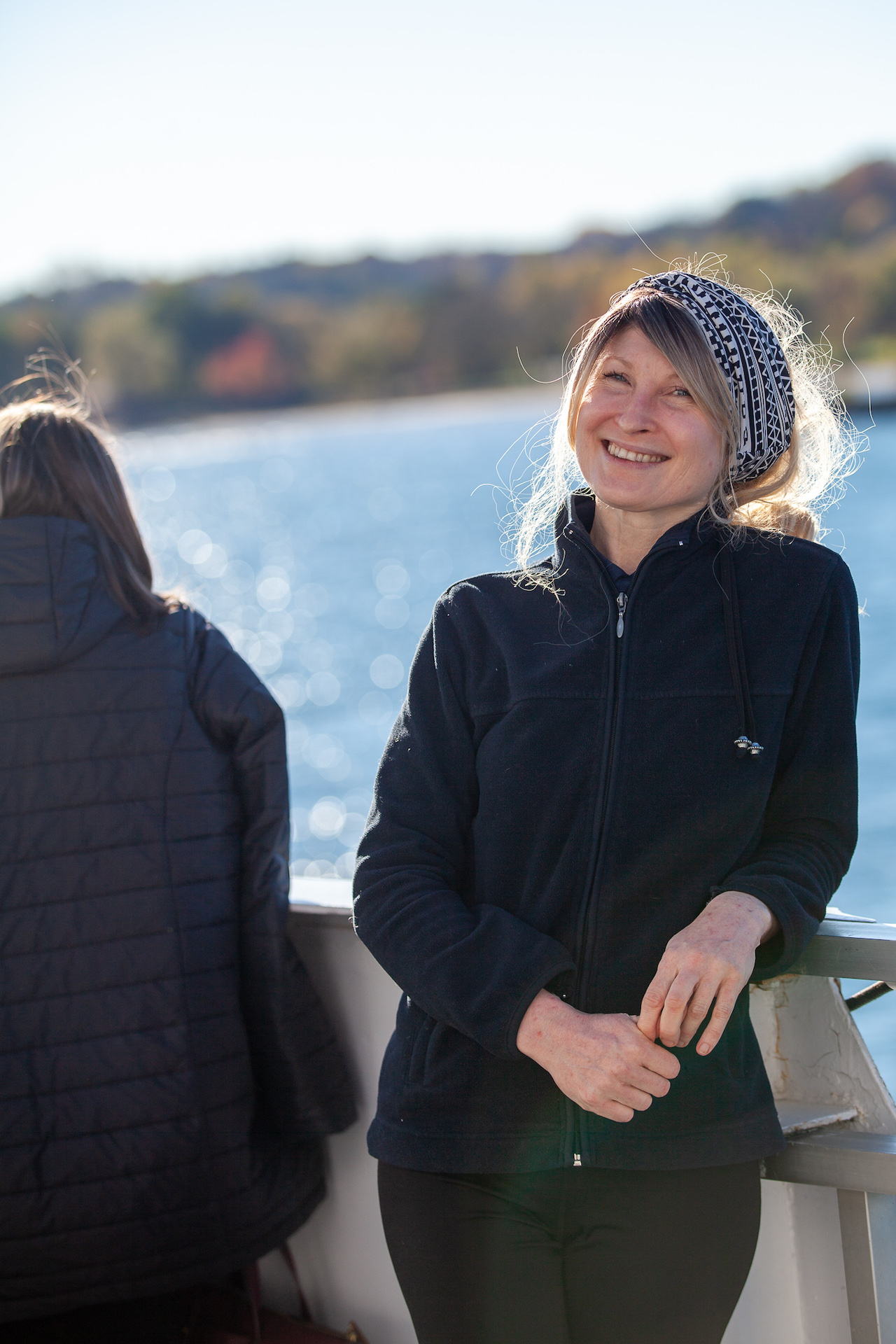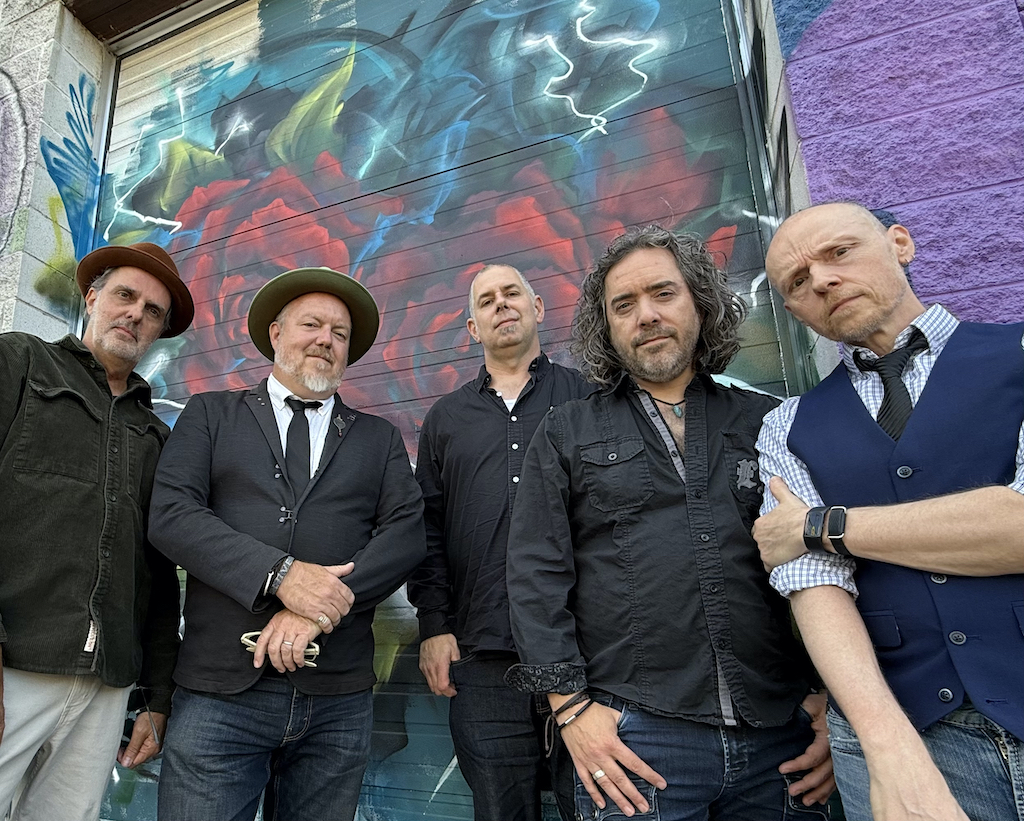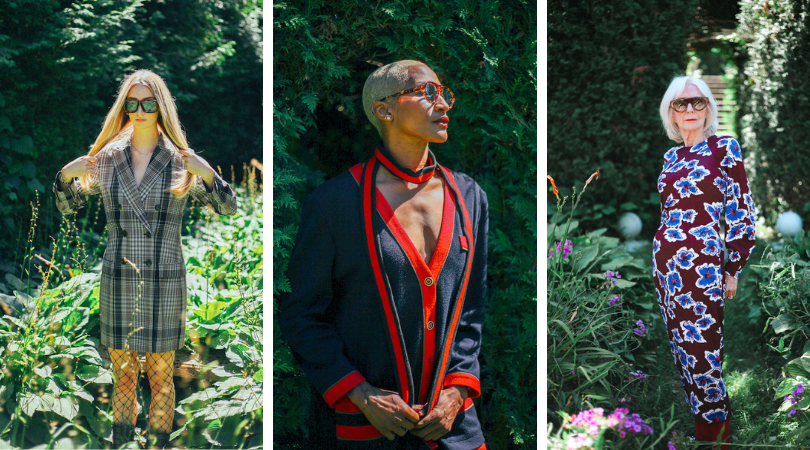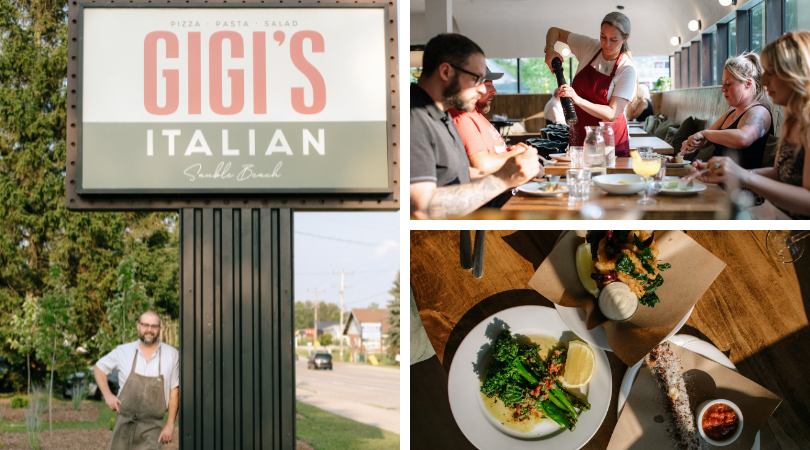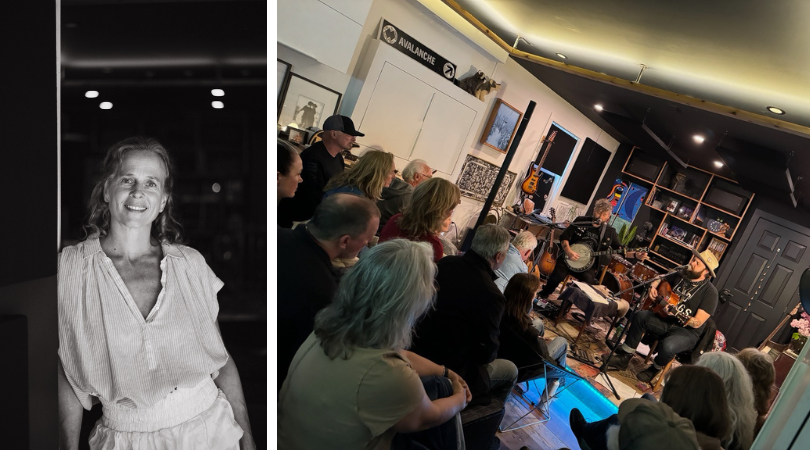So, you think your organization is inclusive for the 2S-LGBQT+ community that you serve?
I thought mine was too before I started diving deeper into what it means to be “inclusive”. First of all, let’s start with the basics: do you know what the letters and numbers listed above represent? First, there is “2S” which stands for “two spirit”. What does two spirit mean? “Two-spirit is a third gender found in some Native American cultures, often involving birth-assigned men or women taking on the identities and roles of the opposite sex. A sacred and historical identity, two-spirit can include but is by no means limited to LGBTQ identities” (dictionary.com).
Does your organization fall within the same area as a First Nations community? Chances are if you are a reader of Rrampt, the answer is yes! The other letters stand for lesbian, gay, bi-sexual, queer and transgender. What about the + sign? It symbolizes a number of different gender identities and sexual orientations that are not already present in the lettered acronym. Is it clear on your website, social media or your windows/doors that you serve any part of the 2S-LGBQT+ community or that you have policies relating to your employees who are members of this community? No? Same here! So far the report card isn’t looking very good is it?!
What prompted me to write on this topic was when I came across Safer Spaces when looking for educators who could help me put together a workshop for the Ontario Association of Social Workers, for which I am a member. For those who aren’t familiar, Safer Spaces “provides organizational assessments, professional development workshops, and consultation services to create more inclusive programs and workplaces for 2S-LGBTQ+ communities” (saferspaces.ca).
I decided to sign up for their self-guided online training, which provides a 30-day timeframe to complete about 5 hours of content. We ALL have time for this! Step one was to test myself on how “inclusive” I was in my small organization. I thought to myself “I got this, I mean, how hard could it be to be inclusive? I welcome everyone here (I thought to myself), what more do I need to know? Apparently a lot!
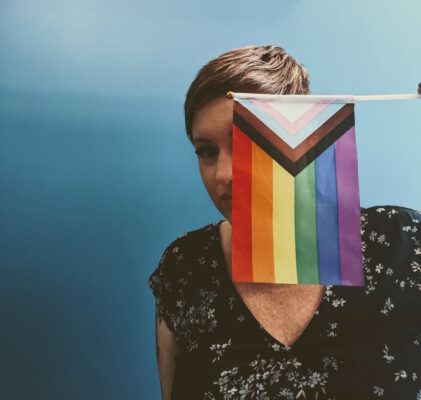
Let’s start with an embarrassing story (because we all love a good embarrassing story, don’t we?) I had a chance to connect with one of the safer spaces trainers to discuss the program in-depth. Within minutes after learning about the importance of using gender inclusive language (think using “folks” instead of “guys”), I dropped the G-bomb. What is the “G bomb”? Well considering I just made it up, I don’t expect you to actually answer that so I’ll tell you. It stands for “guys”, as in “I can’t wait to work with you guys” (I said something to this effect). The trainer had made it known that their pronouns were he/they and I made the assumption that I could say “guys” to include all members of the training staff, which was a big no no, and I was mortified! How many times on an average day do you speak to your employees or customers as “guys”? Probably so much that you don’t even realize you do it.
One question in the assessment section of the training asks “what policies or procedures are in place to deal with discrimination and harassment (this can be from other employees or from the community accessing your services); and does the policy or procedure mention homophobia and transphobia specifically?” I had to answer “there is no policy”, which is technically a fail on that question! What was an important lesson for me to learn was that even if you have just one employee, you can have a policy in place so that one employee feels safe and supported. I only have a few contractors working for me, but I do not have this policy in place. Strike one for being inclusive!
Another example of a question, which applies to the majority of organizations (myself included) is around staff training on 2S-LGBQT+ inclusion. Would your organization fall under a) “no staff have attended training”, or b) “I don’t know”? If you fall within either of these options then it is a big “strike two” on being inclusive! I had to answer “b” for my organization because I had failed to ask my contractors what training they had done previously to be hired. This prompted me to make the decision on creating a mandatory training policy for all current and new hires to complete the Safer Spaces training, so that our organization would be classified as a “Safe Space” in our community, which is something that is very important to me to showcase both internally and externally to our community. I have clients reaching out for therapy who are hesitant to book with a therapist who isn’t knowledgeable and supportive of the 2S-LQBQT+ community, so this was an easy decision for me to do better in this area.
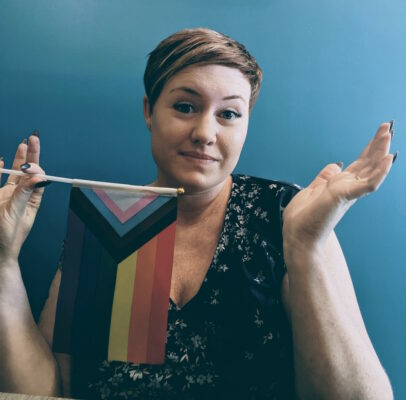
If you are on the fence and wondering if completing inclusivity training is right for your organization, ask yourself from both a customer/client/patient point of view, as well as from an employee point of view, how implementing new policies or procedures would impact everyone in a positive way, and how that could extend farther into the community as a whole. It is not enough to have a gender-neutral bathroom or have a rainbow sticker on your door; there needs to be a deeper dive into what is lacking for your employees and the community you serve. If you are interested in training with Safer Spaces, they have been generous enough to offer a discount code for readers of Rrampt to take advantage of their training! This code is valid for their July, August or September trainings! Use code RRAMPT2022
I feel it is important to end this article with some quotes from local members of the 2S-LGBQT+ community to shine a light on how they feel living in a rural area with the lack of services and support. These quotes were shared within the training program: “I fear the risk of losing parts of my community because of this part of my identity”…“Simply being gay [in rural communities] is enough to make one pause before accessing services”. I encourage all organizations to take a step forward to make all members of our community feel safe and supported.
Written by Ashley Baldwin MSW/RSW

